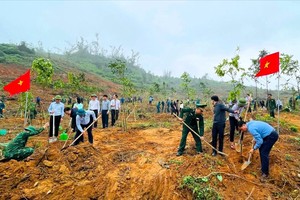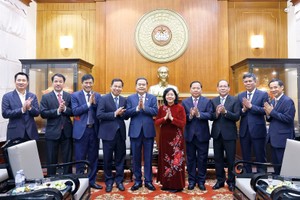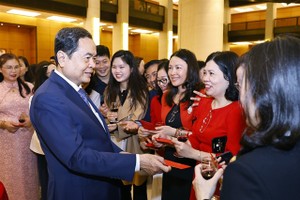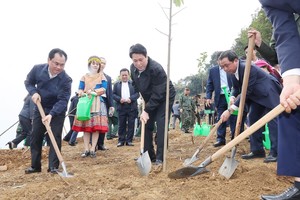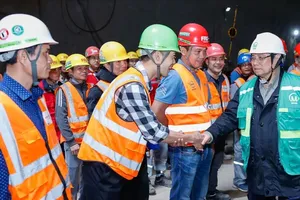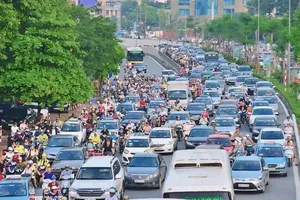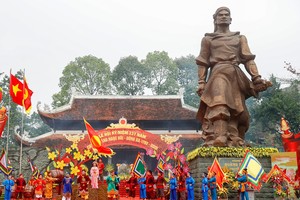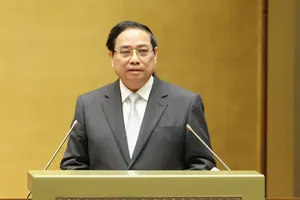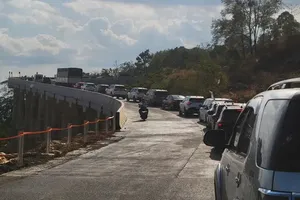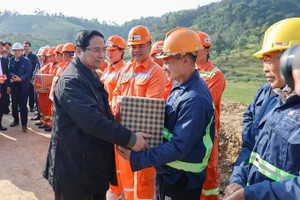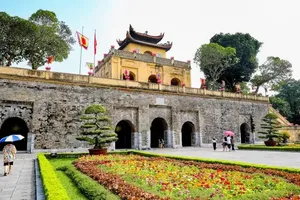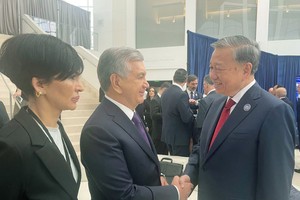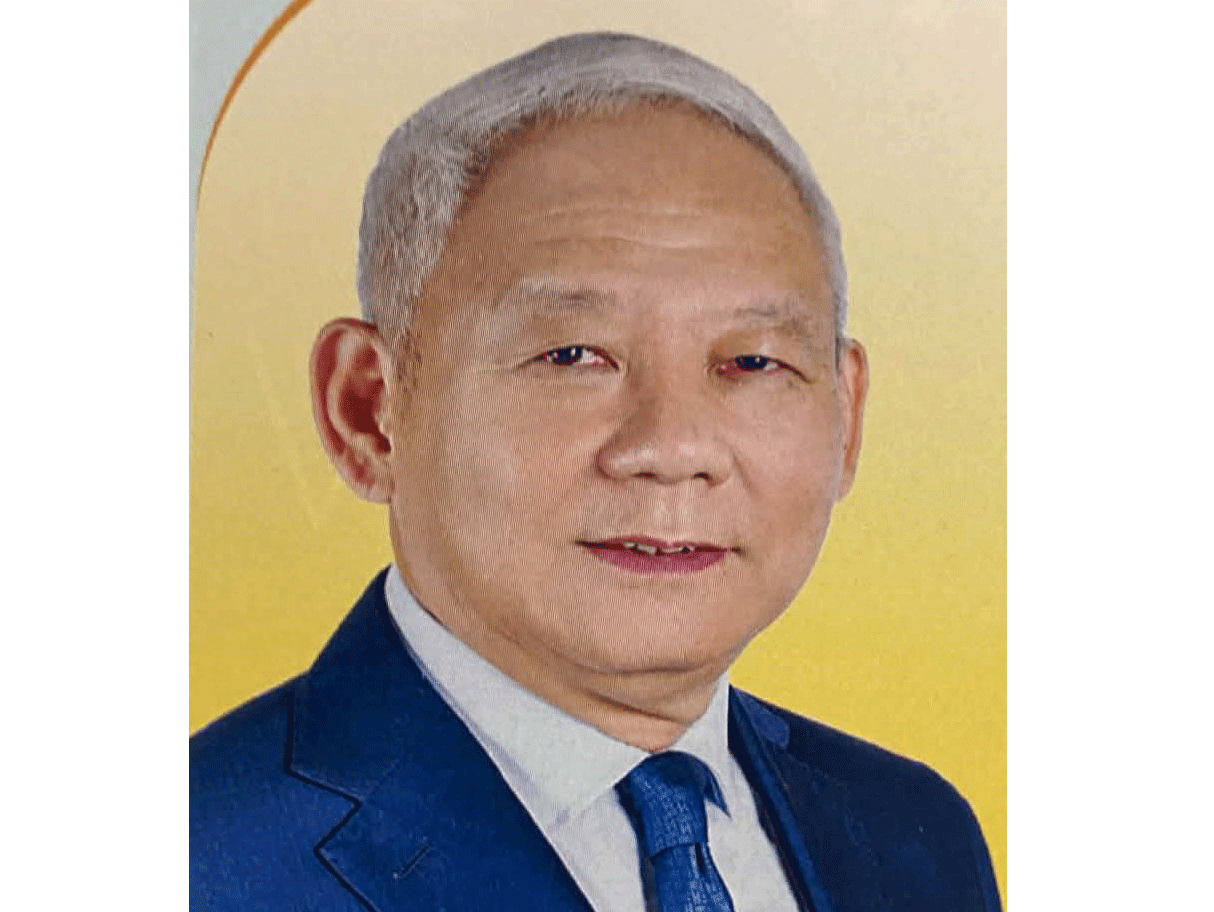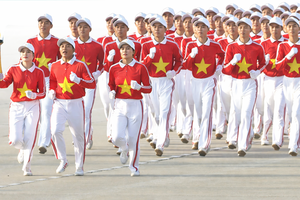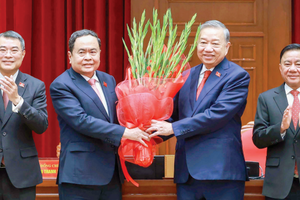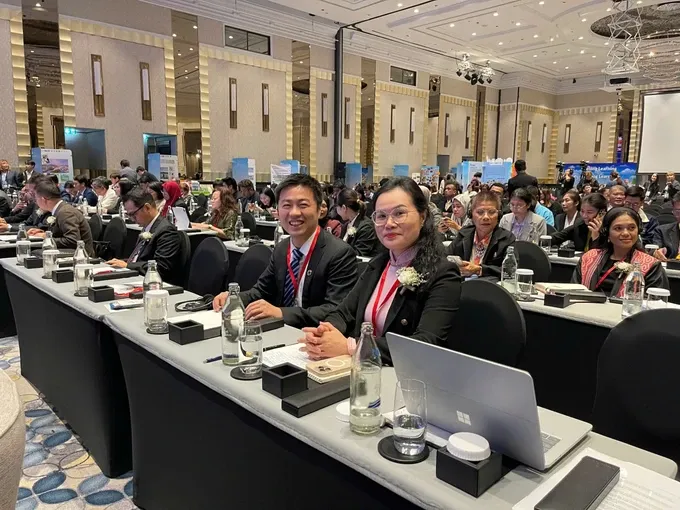
Representatives from Southeast Asian countries, including Brunei Darussalam, Cambodia, Indonesia, Laos, Malaysia, the Philippines, Singapore, Thailand, Timor-Leste, and Vietnam, along with three other countries, China, Japan and the Republic of Korea, attended the two-day conference.
The delegation from Ho Chi Minh City was led by Deputy Director of the Ho Chi Minh City Department of Education and Training, Le Thuy My Chau.
The event aimed to seek common efforts among cities in the UNESCO Global Network of Learning Cities to promote global agendas such as the twelfth session of the World Urban Forum (WUF12) in Cairo, Egypt, from November 4 to November 8 and the sixth International Conference on Learning Cities (ICLC 6) in Jubail, Saudi Arabia, from December 3 to December 5 under the theme “Learning cities at the forefront of climate action” and so on.
During the working sessions of the conference, delegates shared experiences providing knowledge and innovative initiatives to accelerate lifelong learning as well as achieve the sustainable development goals of the Education 2030 agenda.
The activities aimed to promote regional cooperation and establish a sustainable foundation in dialogue cooperation for promoting lifelong learning among learning cities.
As reported by Le Thuy My Chau, Deputy Director of the Ho Chi Minh City Department of Education and Training and Head of the Ho Chi Minh City working delegation at the conference, Ho Chi Minh City has been focusing on intensifying propaganda and dissemination to raise awareness among the public and society about lifelong learning and building a learning city in the digital economy and digital society through mass media, social media, grassroots information systems, and educational institutions both this year and next year.
Alongside, the Ho Chi Minh City Department of Education and Training will continue consulting the Ho Chi Minh City People's Committee to complete mechanisms and policies for building a learning city, especially support policies for units in the construction of a learning city; policies creating favorable conditions for workers and employees to receive training, retraining, and skill enhancement; and policies supporting lifelong learning for retirees, homemakers, and people with disabilities.
Especially, Ho Chi Minh City has been promoting digital transformation and the application of information technology in building a learning city; diversifying learning methods for citizens and organizations through educational programs on radio, television, online platforms, electronic newspapers, and television applications; and increasingly applying digital technology platforms of social networks to implement activities for building a learning city.
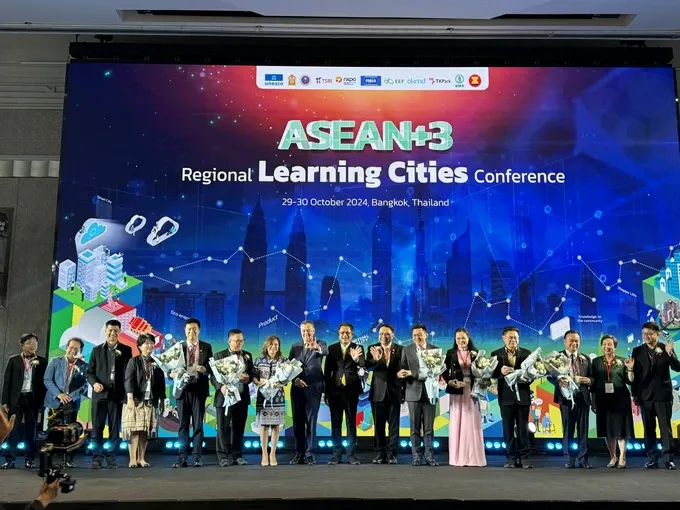
Currently, Ho Chi Minh City is developing an online repository serving self-study and lifelong learning for residents; enhancing the capacity of information technology applications for officials, civil servants, public employees, and citizens; implementing the development of systems and a software to manage and report the results of implementing the criteria and indicators under the UNESCO Learning City Criteria; and researching innovative models and solutions in implementing the construction of a learning city, linking the goal of building a learning city with the movement "The whole country builds a learning society, promotes lifelong learning in the period 2023 – 2030”.
There are 19 learning cities in the Asia-Pacific and Southeast Asia regions.
The development of the network is expected to bring many opportunities for information exchange and sharing experience based on the context, region, and common development situation among member cities of the Global Network of Learning Cities.
